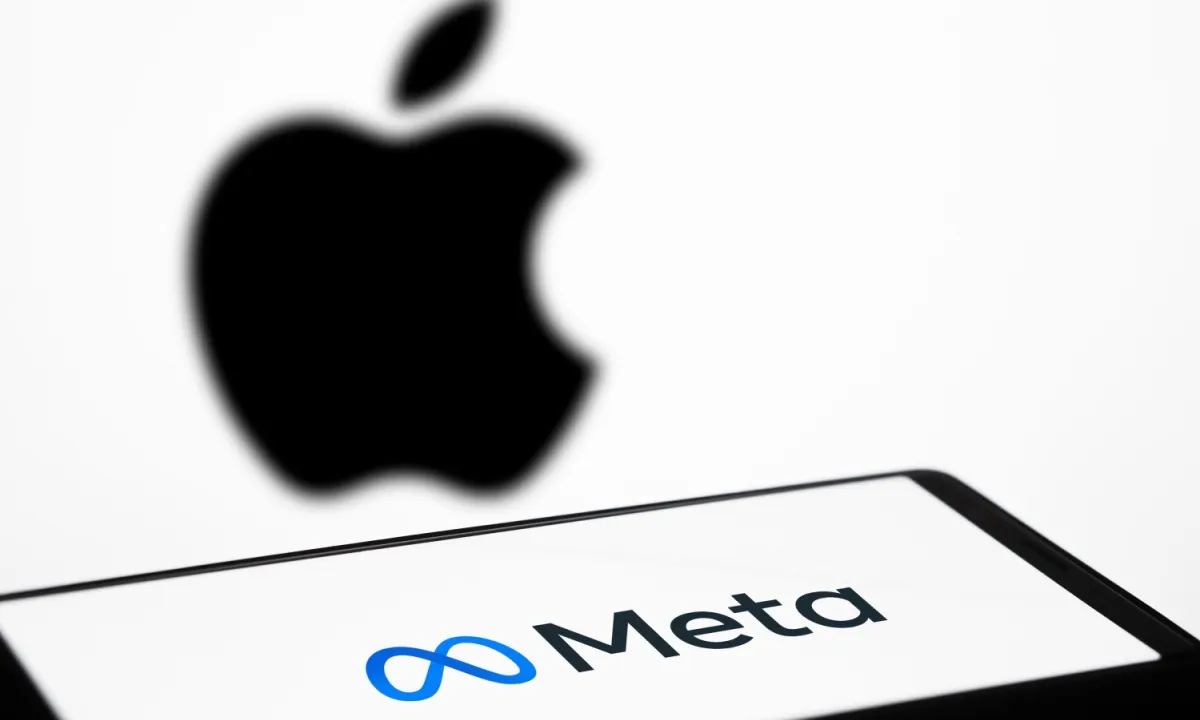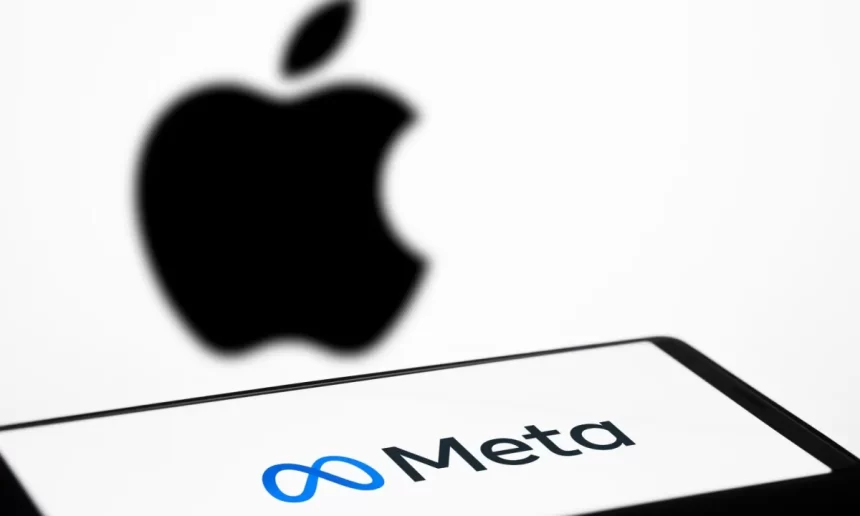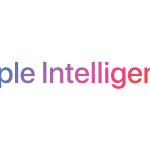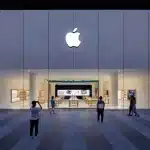Meta CEO Mark Zuckerberg has once again taken aim at Apple, accusing the tech giant of limiting competition through its strict control over mobile platforms. In a recent interview, Zuckerberg recalled how Apple’s iOS rules once blocked Facebook’s early vision for a mobile platform, restricting features like in-app services that were vital to Facebook’s growth. He labeled Apple’s policies as “arbitrary” and argued that they have long favored Apple’s dominance over developers.
The Power of Open-Source AI
To counter Apple’s tight ecosystem, Meta has introduced its Llama 4 model and Llama API, both designed as open-source tools for developers. Zuckerberg claims this move provides developers with more freedom, allowing them to use AI models without relying on third-party hosts or facing sudden changes. Unlike Apple, Meta promises transparency and stability in its AI offerings. The Llama API, released in April 2025, represents Meta’s push to empower developers while indirectly challenging Apple’s closed approach.

Different Philosophies, Same Market
Zuckerberg has openly criticized Apple’s business practices, suggesting that the company stifles innovation. Meanwhile, Apple defends its restrictions by citing user privacy and system security. CEO Tim Cook has often taken indirect jabs at Meta’s data practices, emphasizing Apple’s user-first philosophy.
While Meta promotes openness, it still faces limitations on Apple’s platforms. For example, its AI tools can’t integrate directly with iOS features like Siri or Spotlight. Despite this, Meta remains committed to reshaping developer tools with an emphasis on transparency and accessibility.
Looking Ahead
Meta’s strategy includes smarter ad tools, deeper app engagement, and more direct AI interactions with users. But without full access to Apple’s ecosystem, it may face an uphill battle. The tech rivalry underscores the broader debate between open-source flexibility and closed-system control—a battle that’s far from over.












